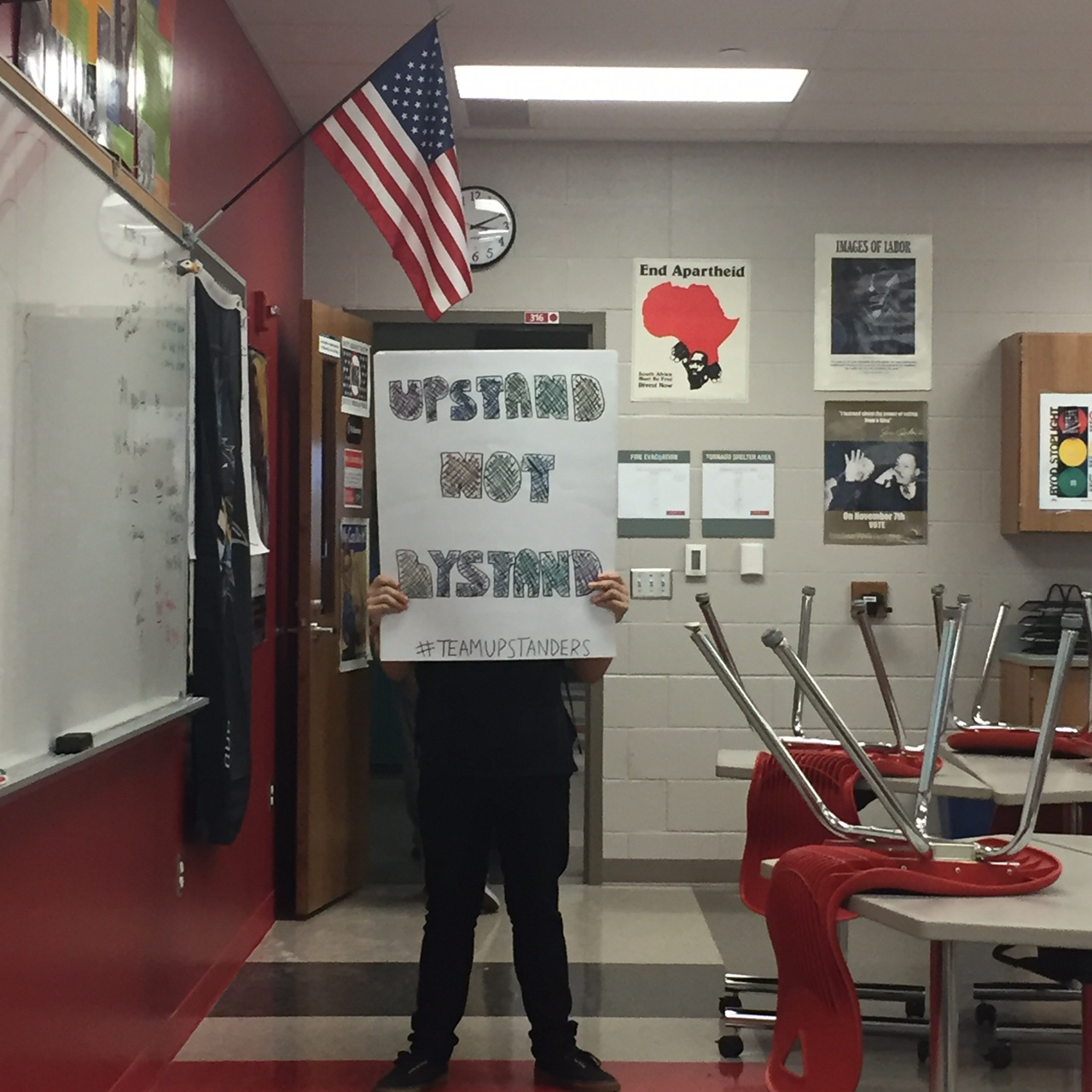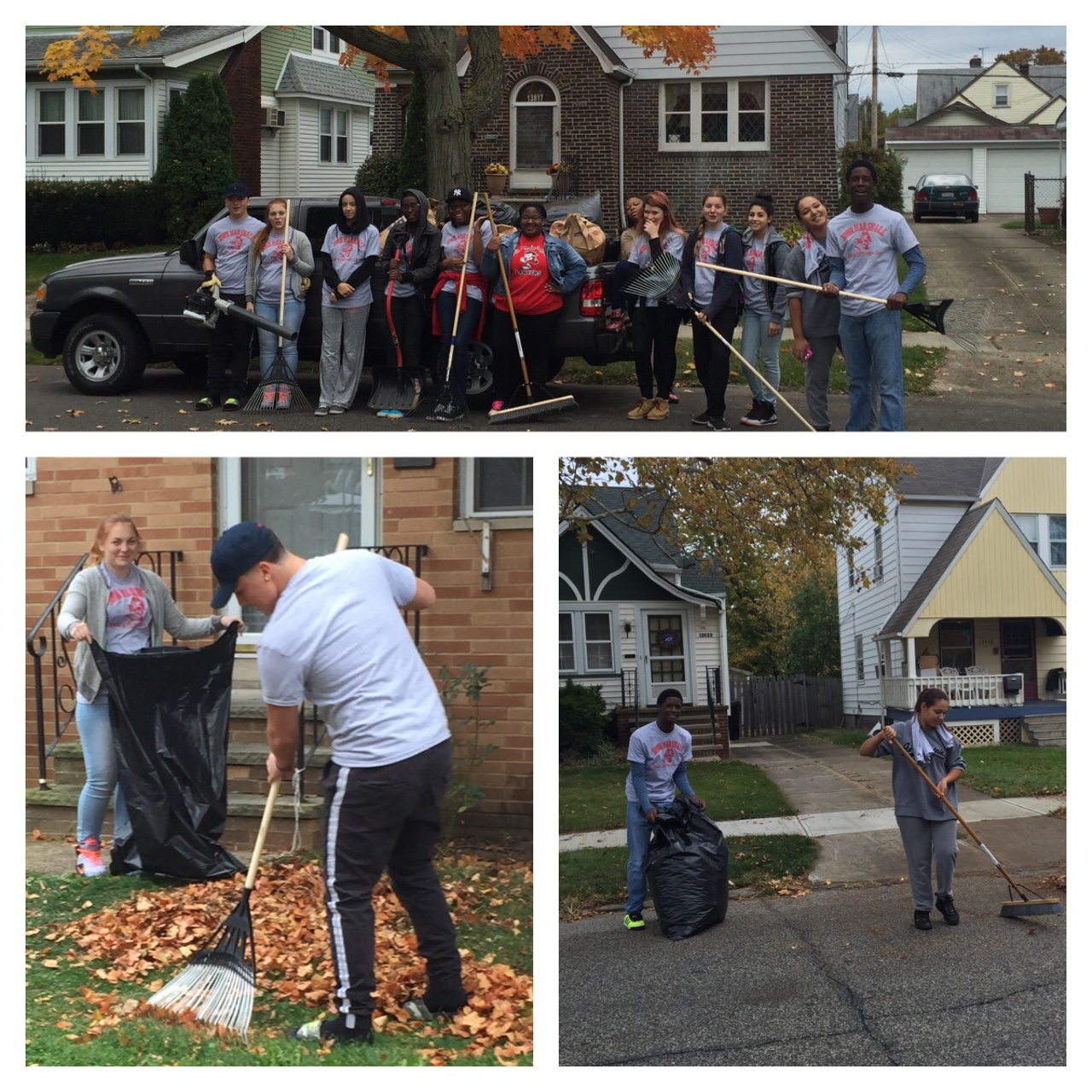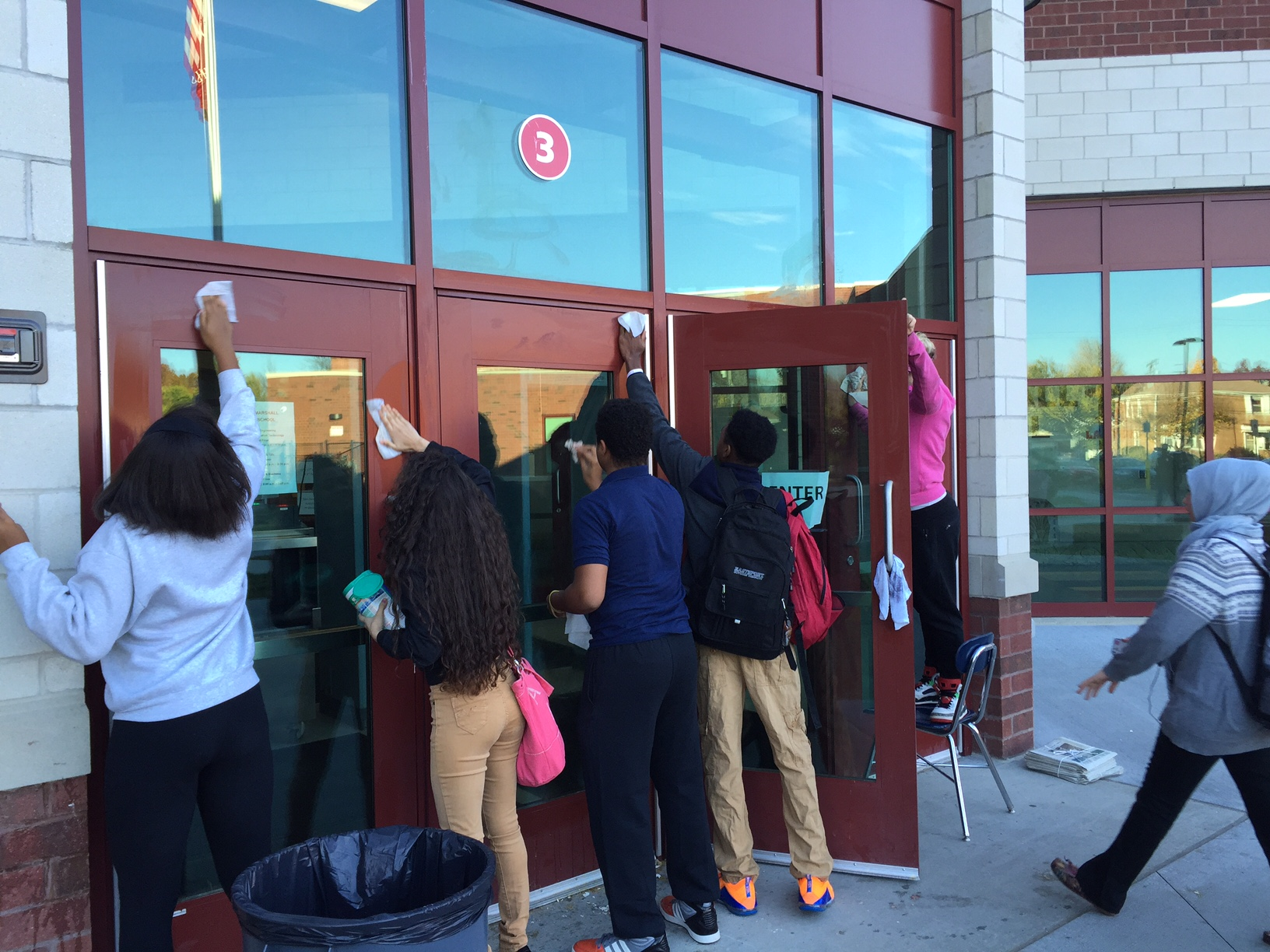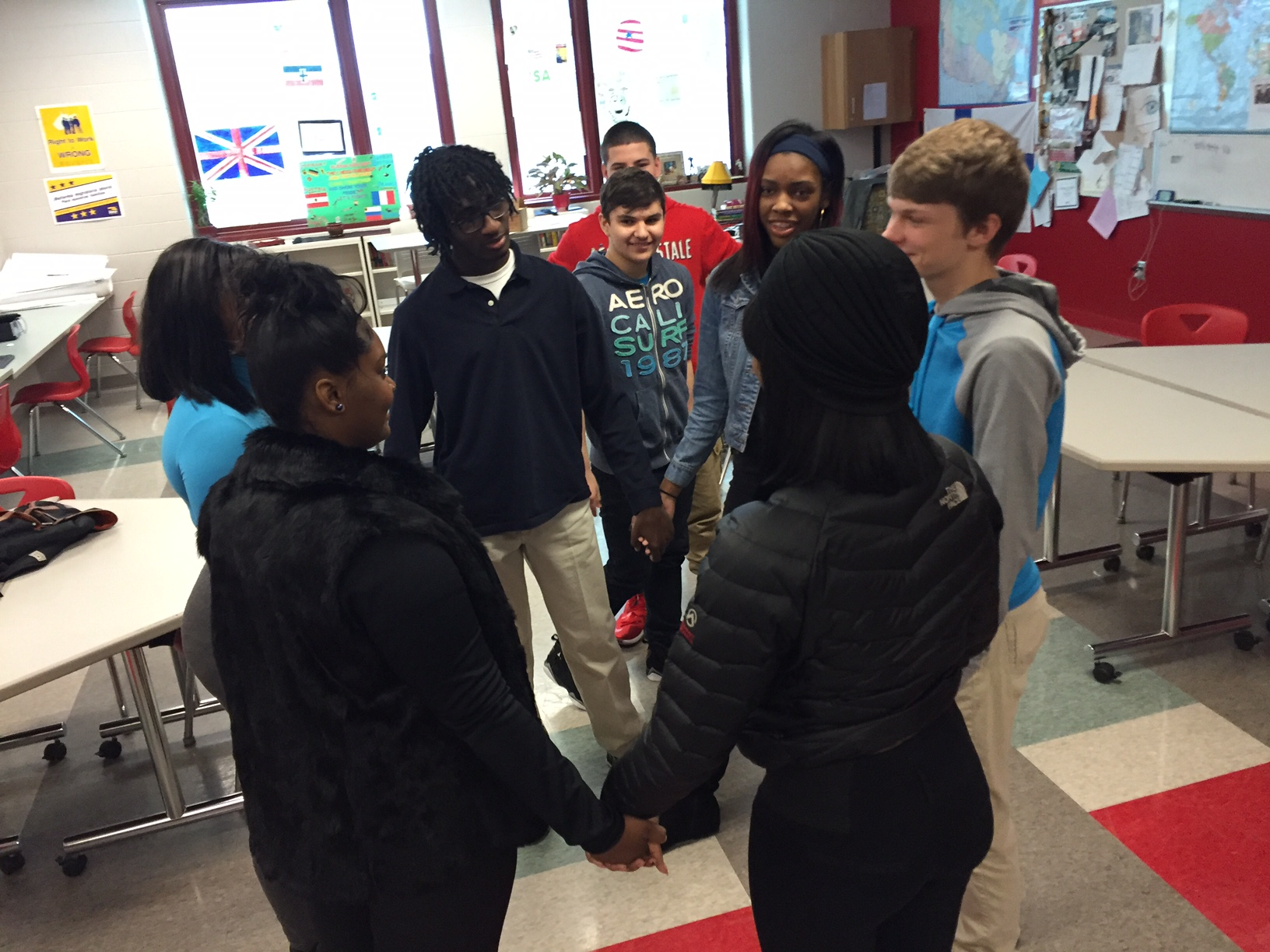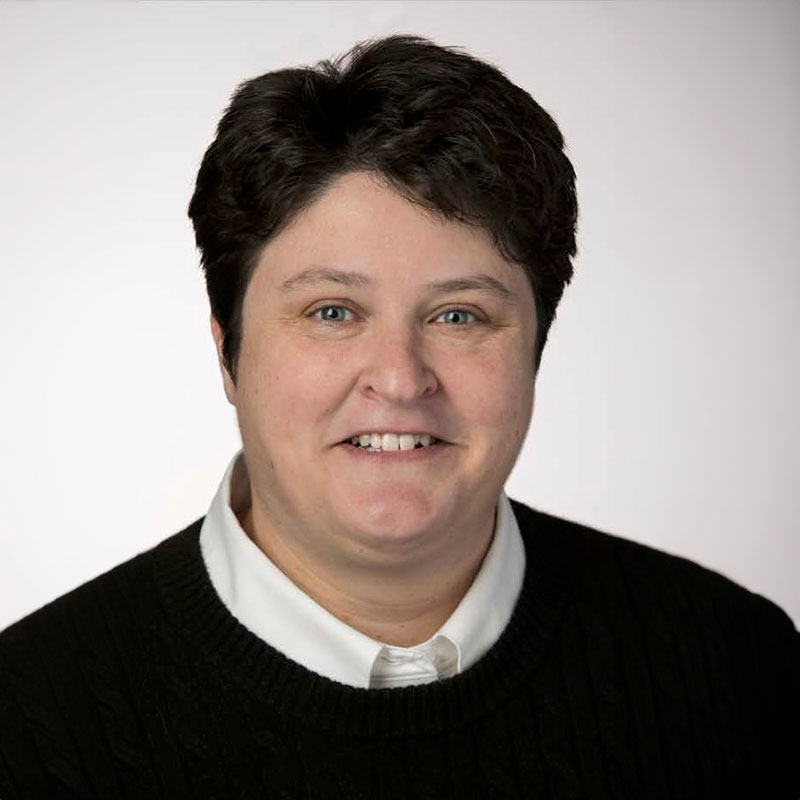Service Learning Unit
One of my priorities includes “service learning,” – experiential learning projects that combine learning goals and community service in ways that can enhance both student growth and the common good.
In the words of the National Service Learning Clearinghouse, service learning is “a teaching and learning strategy that integrates meaningful community service with instruction and reflection to enrich the learning experience, teach civic responsibility, and strengthen communities.”
In this section of my resources, you’ll find photographs of my students participating in a variety of service learning projects as well as the plan for our unit on global issues.
Global Issues Unit Plan
Introduction to Ethics
Overview:
This curriculum is designed to guide students in thinking about ethical issues and integrity.
Learning outcomes:
This unit should enable students to
- Distinguish ethics from obedience to authority
- Apply five main ethical frameworks to issues in personal life
- Apply five main ethical frameworks to issues in public life
- Develop a conception of integrity
RATIONALE:
Citizenship in the United States brings with it rights and responsibilities both at the personal and public levels, including the responsibility to be informed regarding matters of public policy. Citizens who know about and exercise rights and responsibilities ensure that the constitutional republic of the United States is preserved. Informed voting is commonly perceived as the major way in which citizens can participate in government. Students should understand the many other ways that they can participate in civic life on an ongoing basis. Understanding and commitment to exercising the roles and skills related to citizenship, students can help influence and shape public policy and contribute to the maintenance of our way of life.
As students in grade 11 extend their knowledge, what they know and are able to do include:
- evaluating whether and when their obligations as citizens require that their personal desires and interests be balanced with the public good;
- evaluating what to do when individual beliefs or constitutional principles are in conflict;
- identifying the scope and limits of rights (for example, all rights have limits);
- explaining considerations and criteria commonly used in determining what limits should be placed on specific rights (for example, clear and present danger, national security, public safety);
- evaluating different positions on contemporary issues that involve rights of citizens (for example, restricted membership in organizations, sexual harassment, school prayer, refusal of medical care);
- describing and evaluating historical or current examples of citizen movements to ensure rights of all citizens.
Essential Question:
How is my personal integrity connected to my role as a participating citizen in a democracy?
Guiding Questions:
- What does it mean to act with integrity?
- Do we hold public officials to a higher standard of integrity than we do ourselves?
- How can we use our knowledge of ethics to make decisions in our personal lives?
For more information about service learning from the National Service Learning Clearinghouse, go to http://youth.gov/federal-links/national-service-learning-clearinghouse

